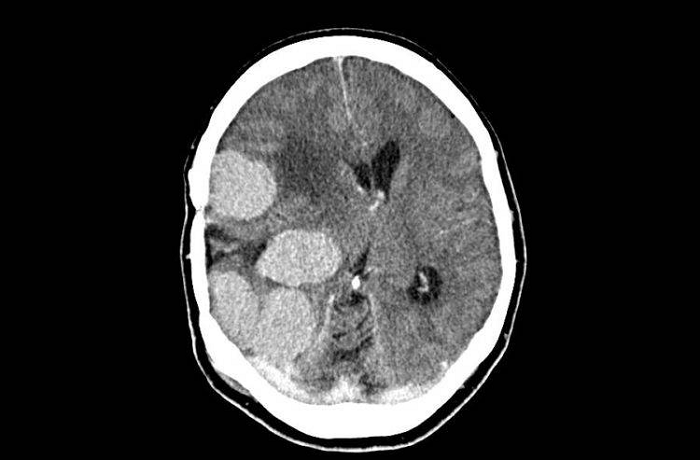Meningioma is a benign tumor that forms from the meninges that cover the brain and spinal cord. Although meningiomas most often occur in the brain, they can also develop in the spinal cord, where they can affect the nerves that control the limbs, including the knees.
In rare cases, spinal meningioma can directly affect the nerves associated with the knee, leading to pain, muscle weakness, and coordination problems in the affected limb. You can see more information on the website https://eldolorderodilla.com.
Impact of Meningioma on the Knee
Spinal meningioma can affect the nerves that control movement and sensation in the knee. Symptoms of the disease are:
- pain;
- muscle weakness;
- problems with coordination.
Painful sensations in the knee area, which may intensify with movement, indicate the presence of this disease. Symptoms of the disease include weakening of the muscles in the leg, which can make walking and other movements difficult.
Treatment methods
Treatment for spinal meningioma depends on the size of the tumor, its location, symptoms, and the patient’s overall health. If the meningioma is small and does not cause serious symptoms, your doctor may suggest regular monitoring of the tumor. This includes regular examinations and diagnostic tests to monitor changes in the size and behavior of the tumor.
Surgery is necessary if the meningioma causes significant symptoms or puts pressure on the spinal cord or nerves. The goal of surgery is to remove the tumor to relieve nerve compression and relieve symptoms. Surgery can significantly improve a patient’s quality of life by restoring normal nerve function. Radiation therapy can be used as the primary or adjunctive treatment for meningioma. It helps reduce the size of the tumor and control its growth.
